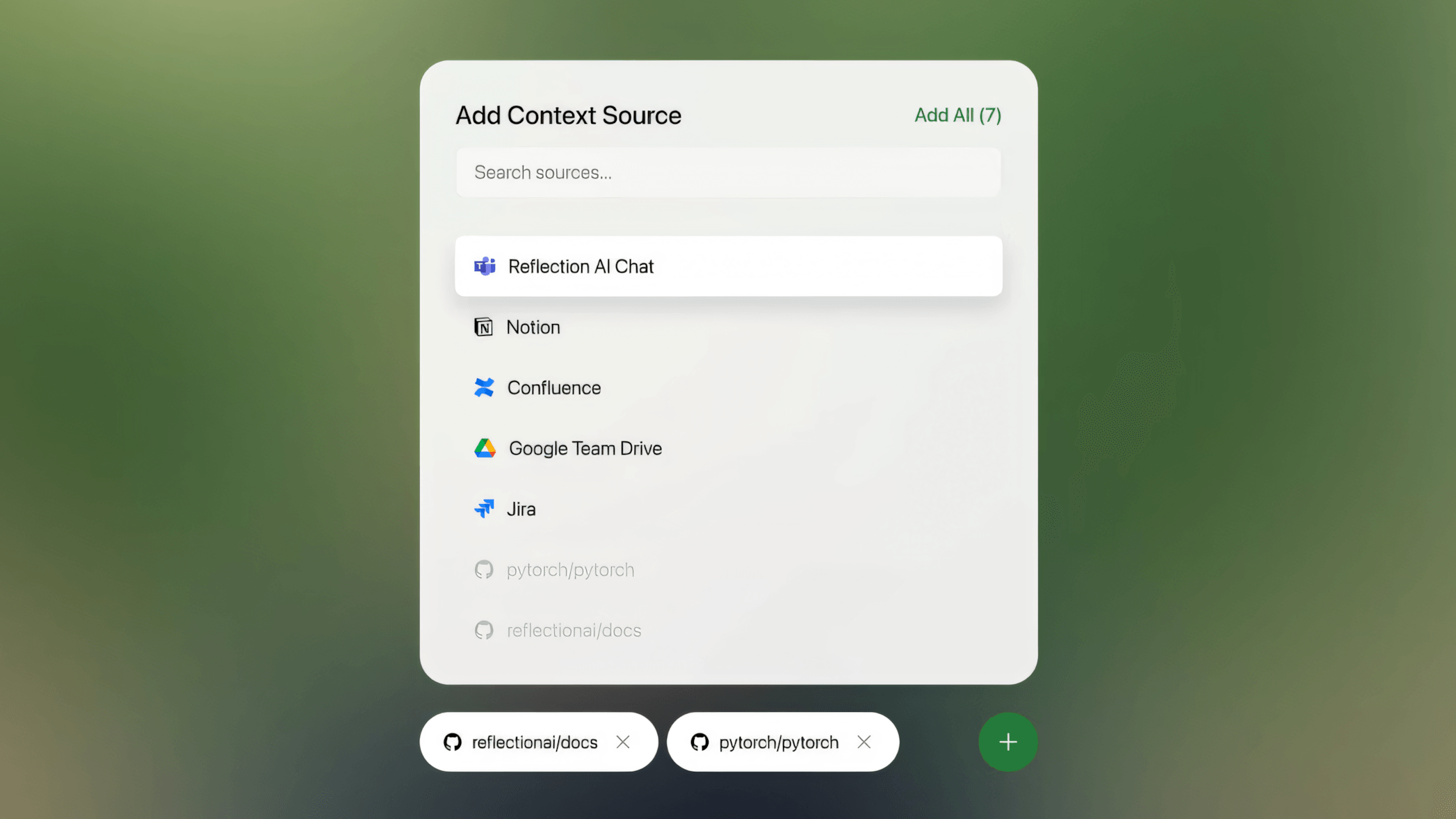Maximilian Schreiner
Max is the managing editor of THE DECODER, bringing his background in philosophy to explore questions of consciousness and whether machines truly think or just pretend to.
Read full article about: Anthropic appears to tighten the usage limits for Claude code
Anthropic has reportedly made it harder to use its Claude Code AI tool, with Max plan subscribers ($200 per month) now running into usage caps much sooner than before. Many users on GitHub say they are suddenly getting blocked after just a handful of requests. There has been no official announcement about the change. When asked by TechCrunch, Anthropic only said they're working on a solution for slow response times. The lack of clear communication has left many paying users frustrated, especially since the variable limit structure - which shifts depending on server load - is already confusing.
Read full article about: OpenAI expands cloud partnerships, taps Google for ChatGPT infrastructure in multiple countries
OpenAI will start using Google’s cloud infrastructure for ChatGPT and its API in several countries, including the US, Japan, the Netherlands, Norway, and the UK. Microsoft, CoreWeave, and Oracle remain key partners for providing computing power. The move comes as demand for GPU capacity continues to grow, a need OpenAI had previously met mostly through Microsoft. That exclusive partnership loosened in January. Google now adds a major customer to its cloud division, which has trailed behind Amazon and Microsoft. The announcement follows earlier deals with Oracle and CoreWeave to expand OpenAI’s infrastructure.
Read full article about: OpenAI rolls out "High Input Fidelity" for more precise image editing
OpenAI has upgraded its image editing API with a feature called "High Input Fidelity," designed to preserve fine details like faces, logos, and other intricate elements during edits. Users can now make targeted changes to specific features such as facial expressions, clothing, or objects without affecting the rest of the image. According to the company, adding or removing individual objects now works more reliably as well. According to OpenAI staff, the feature is already live in ChatGPT and Sora.
We've improved image generation in the API. Editing with faces, logos, and fine-grained details is now much higher fidelity with features preserved. ?
Edit specific objects, create marketing assets with your logo, or adjust facial expressions, poses, and outfits on people. pic.twitter.com/eMBNcXNr76
- OpenAI Developers (@OpenAIDevs) July 16, 2025
Read full article about: OpenAI is testing ChatGPT agents that create and edit presentations and spreadsheets in chat
OpenAI is developing new ChatGPT agents that let users create and edit presentations and spreadsheets directly in the chat, according to The Information, which spoke with someone who has access to the features. The files are compatible with PowerPoint and Excel, but don't require Microsoft's apps to use them. Instead, OpenAI relies on Microsoft's open file formats, aiming to make ChatGPT a central work platform and less dependent on Microsoft and Google tools. Other planned agents will be able to generate reports from business or public data and handle basic tasks like booking appointments on websites. The source says these agents can be slow or prone to errors, and while collaborative editing is in the works, it hasn't launched yet. The move is likely to put more strain on the already tense relationship between Microsoft and OpenAI.





